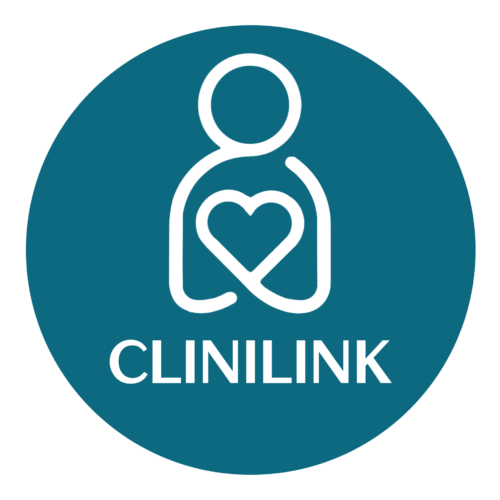Ryeqo for Endometriosis: A New Treatment, A Renewed Responsibility
With NICE’s recent approval of Ryeqo (relugolix, estradiol, norethisterone acetate) for use on the NHS, women of reproductive age now have a new treatment option for endometriosis. But this advancement is about more than just another medication. It’s a vital opportunity to reflect on how we, as healthcare professionals, address a condition that affects 1 in 10 women in the UK.
Understanding Endometriosis: More Than Just Pain
Endometriosis is a chronic and often debilitating condition. It’s not simply “painful periods”—it impacts mental health, fertility, relationships, careers, and day-to-day life. Despite its prevalence, diagnosis still takes an average of eight years. Many patients feel dismissed or misdiagnosed during that time.
The introduction of Ryeqo is a milestone, but it must be paired with increased clinical awareness and empathy. Endometriosis treatment should be as much about validation and support as it is about symptom relief.
Ryeqo: A Step Forward in Endometriosis Treatment
Ryeqo offers a once-daily oral treatment for moderate to severe endometriosis symptoms, providing a convenient alternative to injections or surgery. However, it is not a one-size-fits-all solution.
Its approval by NICE represents a shift in how we value women’s pain and quality of life. But to truly improve outcomes, Ryeqo must be part of a broader, multi-modal care pathway—integrating medical, surgical, psychological, and lifestyle-based interventions.
Early Diagnosis Changes Lives
Healthcare professionals have a critical role in reducing diagnostic delays. Is that “normal period pain” in a teen something more? Could pelvic pain after childbirth signal endometriosis?
Better outcomes begin with early recognition, active listening, and updated clinical knowledge. Ongoing investment in GP training and multidisciplinary endometriosis centres will help us shift from late-stage diagnosis to proactive care.
Collaborative Care Is the Future
Now is the time to build a compassionate, connected model of care for women with endometriosis. That includes:
-
Listening without minimising symptoms
-
Ensuring continuity across primary, secondary, and tertiary care
-
Embracing shared decision-making
-
Supporting patients through all stages of their journey—not just during flare-ups
With the right approach, Ryeqo can be more than a medication—it can symbolize a turning point in how we treat, support, and empower women living with endometriosis.
Conclusion: A New Era in Endometriosis Care
Ryeqo is a welcome addition to the endometriosis treatment landscape. But the real progress lies in how we evolve our clinical approach. Through timely diagnosis, empathetic care, and collaborative treatment pathways, we can finally deliver the kind of support and respect women have long deserved.

